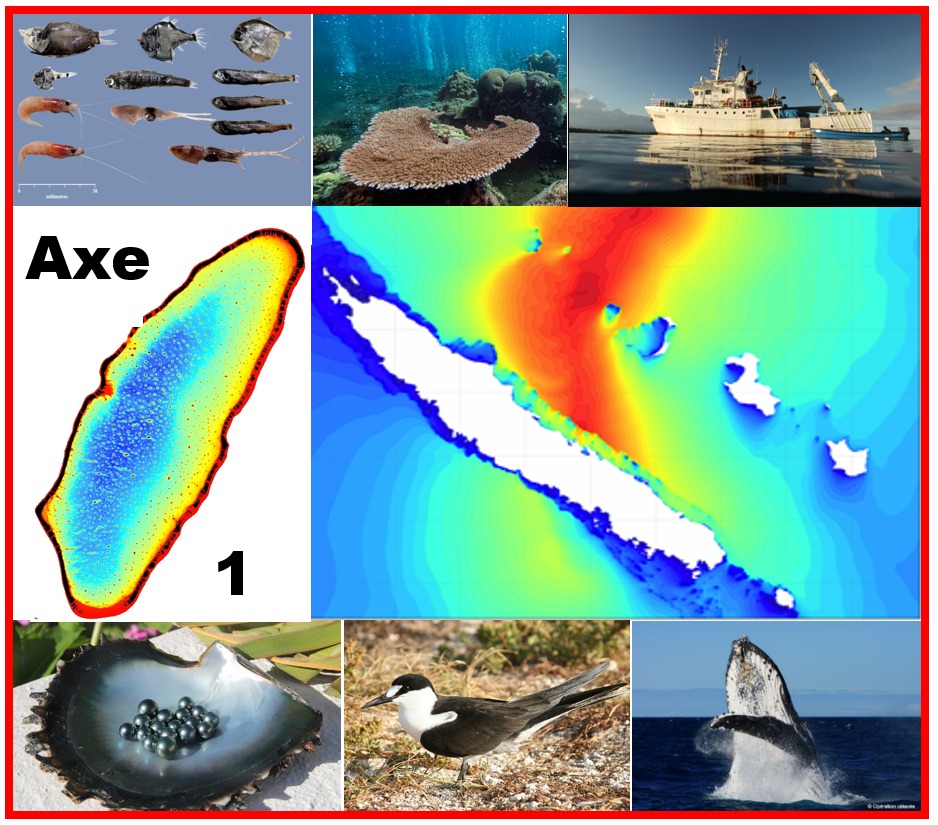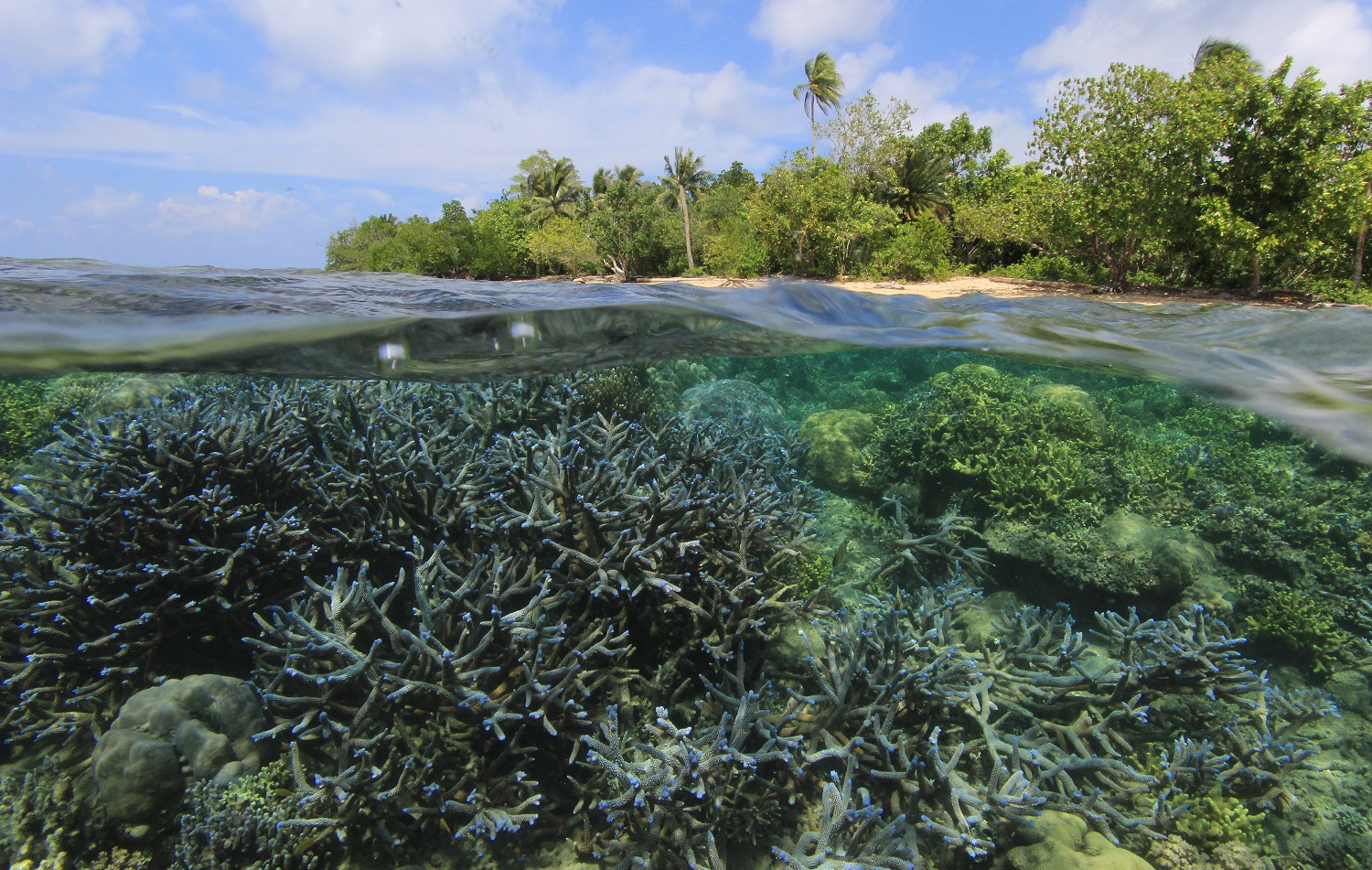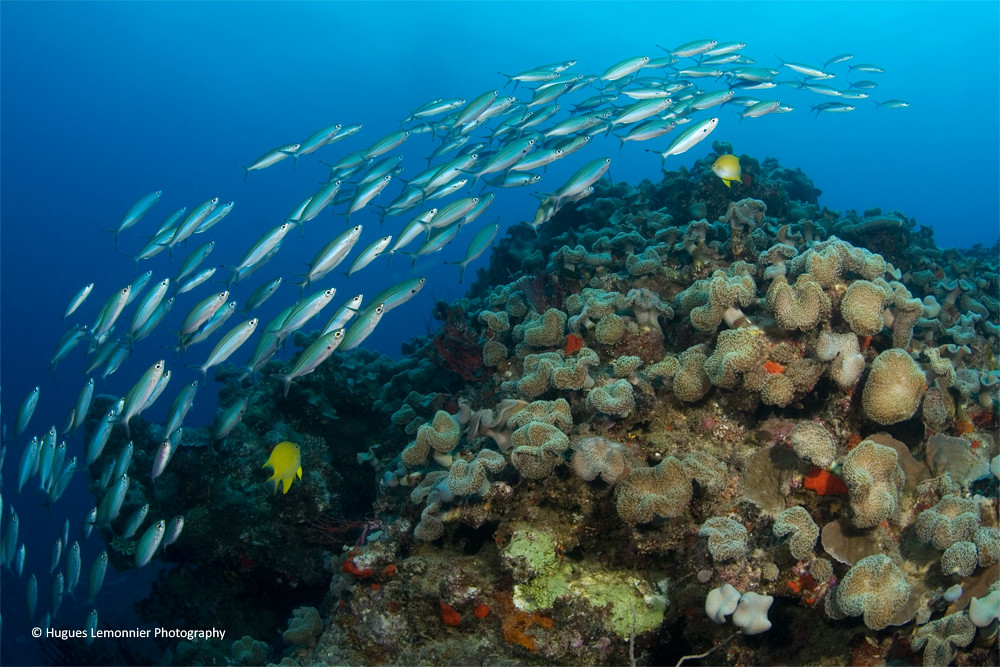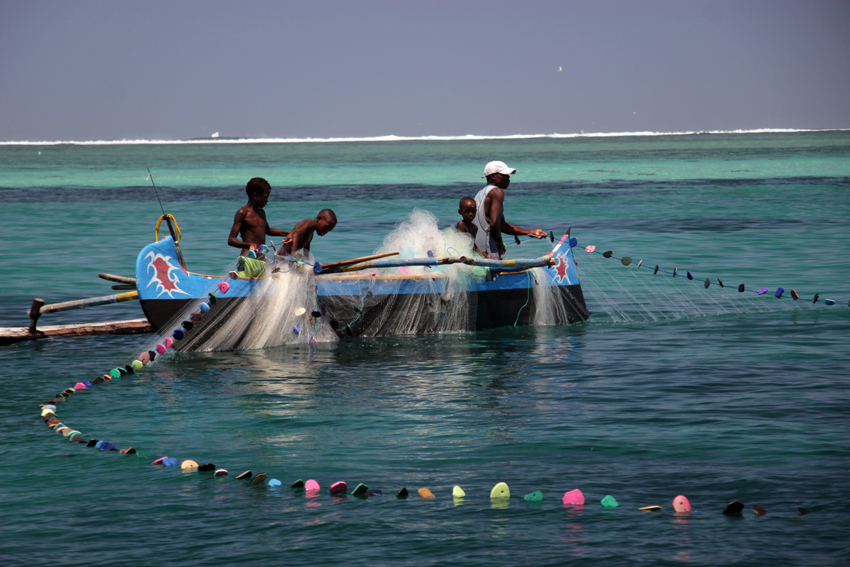Thibault Martin
Keywords :
conservation, seabirds, marine megafaunaThe ecological human footprint is expanding alongside population growth and urbanization. The global decline in biodiversity highlights the growing conflict between human development and biodiversity conservation. While recent international agreements seek to address this paradox, the challenges of development and conservation are unevenly distributed. As a result, societal responses must be diverse and tailored to specific contexts
My work aims to assess the state of biodiversity under anthropogenic pressures to promote targeted and sustainable societal responses. To achieve this, I conduct empirical research in trophic, functional, and behavioral ecology. My approach focuses on understanding the interactions between organisms and their environment to better assess their sensitivity to environmental changes. I primarily study individual traits and community composition in animal models, with a particular emphasis on long-lived vertebrates.
My ongoing research projects target three key questions regarding the behavioral ecology of coastal megafauna:
(i) What is the relationship between behavioral traits and individual fitness in coastal mammals and birds?
(ii) How are species distributions influenced by behavioral traits?
(iii) Do behavioral diversity and plasticity reflect the vulnerability of communities to anthropogenic and environmental pressures?
I focus particularly on coastal and island systems, where both development and conservation challenges are concentrated. My research aims to contribute to improved conservation planning in the face of increasing economic activities (e.g., recreational activities and tourism), pollution (e.g., eutrophication), and ecosystem changes (e.g., invasive species). This goal motivates me to develop transdisciplinary research questions through scientific collaboration with geographers and anthropologists, while also fostering partnerships with local authorities, environmental managers, and citizens.




